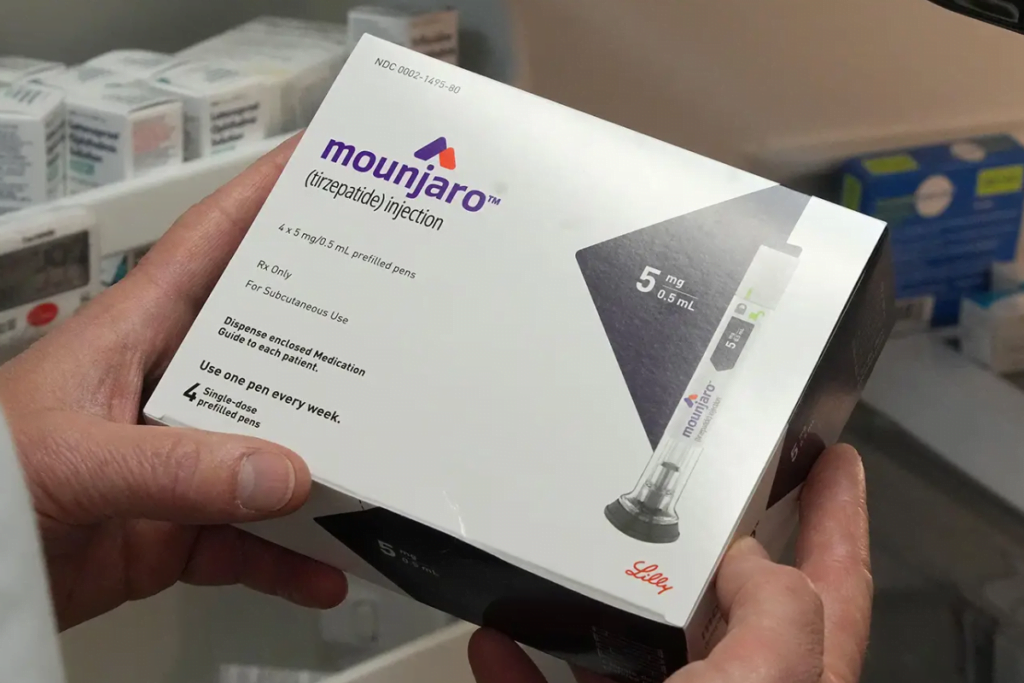As Eli Lilly’s flagship diabetes medication, Mounjaro, continues its meteoric rise in popularity and edges closer to potential approval for obesity treatment, the company remains undeterred by supply challenges and recent trial outcomes from Novo Nordisk’s well-established weight loss drug, Wegovy.
Eli Lilly’s GIP/GLP-1 agonist, Mounjaro, is experiencing remarkable demand, evident by its second-quarter sales surging to $979 million. However, this soaring demand has led to intermittent supply shortages since its launch in May of the previous year.
A recent shortage of Mounjaro was reported towards the end of July, and during the company’s second-quarter earnings conference call, Michael Mason, President of Lilly Diabetes, revealed that supply constraints are anticipated to persist throughout the remainder of the year.
Related: Weight-Loss Medications Market Projected To Reach $60 Billion In 10 Years
To address this robust demand, Eli Lilly has invested substantial funds in establishing new diabetes manufacturing facilities, both in North Carolina and its home state of Indiana. Once the North Carolina sites become operational by the year-end, the production capacity for Mounjaro and the GLP-1 medication Trulicity is expected to double compared to the baseline of the previous year, as highlighted by Anat Ashkenazi, Chief Financial Officer.
In the meantime, Eli Lilly’s competitor Novo Nordisk has just unveiled favorable outcomes from a cardiovascular study on its prominent obesity drug Wegovy, a result described as a “best-case” scenario by an analyst. Despite this development, Eli Lilly, with its potential obesity application for tirzepatide later this year, is deliberating the possibility of using an alternate brand name for this new indication, as Mounjaro is its current designation in the diabetes context.
The company’s impressive 28% year-on-year increase in revenue to $8.3 billion is a triumph, especially considering the previous quarter’s 11% decline due to decreased sales of COVID-19 antibodies. Eli Lilly’s product lineup exhibited substantial growth, with diabetes and heart failure drug Jardiance, developed in partnership with Boehringer Ingelheim, experiencing a 45% surge to $668 million, while breast cancer medication Verzenio witnessed a 57% rise to $926 million in sales.
With its overall expansion, Eli Lilly has bolstered its confidence to revise its full-year revenue projection from the initial range of $31.2 billion to $31.7 billion, now setting a new expectation between $33.4 billion and $33.9 billion. As a testament to this favorable performance, the company’s shares recorded a 16.7% increase in trading by noon Eastern time on Tuesday.





























